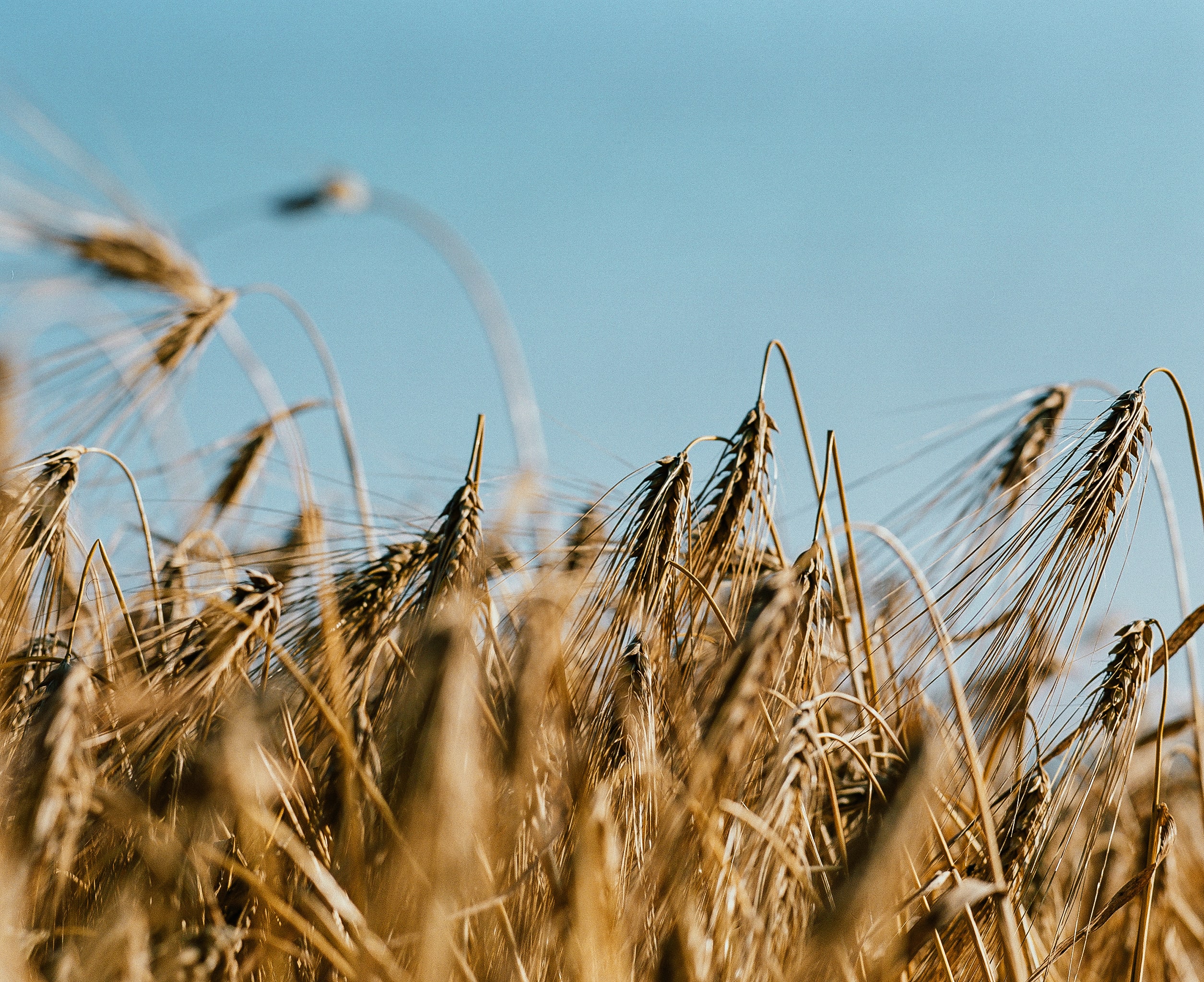
22.12.2021 - 08:00
Anora's carbon farmed innovation supports the company’s climate goals
Anora’s Koskenkorva distillery has produced a batch of grain spirit made from regeneratively grown barley. The batch is the second of its kind; the world’s first vodka made from regeneratively grown barley was launched early this year. Regenerative agriculture improves the growing conditions the soil offers, as well as the sequestering of carbon into the soil, aiming to gradually making the field area into a carbon sink.
The 50,000 kg batch of barley was grown in Hämeenlinna, Finland, following a method set out by the Baltic Sea Action Group. Reducing emissions from primary production is one of Anora’s climate goals.
In January, Anora (former Altia and Arcus), a leading wine and spirits brand house in the Nordic region, launched the world's first vodka distilled from regeneratively grown barley – Koskenkorva Climate Action Vodka. The product was the result of long-term collaboration between Anora, farmer Jari Eerola and the Baltic Sea Action Group foundation, which works to save the Baltic Sea. The product innovation has been well-received both on domestic markets in the Nordic region and around the world. Not only this, but it was also awarded an international Goodvertising Awards prize and featured on Spirits Business's list of the most innovative spirit launches of 2021.
“A significant proportion of the carbon footprint of our products comes from barley cultivation. Our objective is to promote regenerative growing with product innovations such as Koskenkorva Climate Action Vodka, as well as by offering training for our contract farmers. We are well on the way to achieving carbon neutrality in our own production processes, thanks to the circular economy of the distillery and our own bioenergy power plant, which have reduced our emissions by 58% since 2014. In addition to looking at our own production processes, emissions from primary production are an area we want to concentrate on in our climate and sustainability efforts,” explains Anora's Director of Communications and Sustainability Petra Gräsbeck.
Regenerative farming aims to transform fields into carbon sinks
Regenerative farming is an approach that seeks to transform fields from sources of emissions into carbon sinks. If all the farmers in the world transitioned to regenerative farming, we could remove up to 322 billion tonnes of CO2 from the atmosphere. This is nearly the equivalent of the world’s entire CO2 output in ten years.
“Regenerative farming is a central concept for successful farming in the future. Finnish farms are doing cutting-edge research work within Carbon Action -project. It is great, that the important role of agriculture as one of the solutions to climate change has been recognised. Regenerative farming combines climate and environmental benefits and improved profitability, due to e.g. resilience and more secure crop. This concrete project with Anora and Jari Eerola has proven to be a valuable experience that can be shared with others,” explains Head of Training Sanna Söderlund from the Baltic Sea Action Group.
The regenerative barley was grown in Hämeenlinna
The regeneratively farmed barley used by Anora was grown on the Setälä-Eerola farm in Tuulos, Hämeenlinna. The fields are farmed using a versatile crop rotation system, tilling of the ground is minimised, and organic fertiliser is used on the soil. The regeneratively farmed crop for 2020’s batch was spring barley, whilst 2021’s batch used autumn barley. Approximately 50 tonnes of regenerative barley was produced.
Anora trains contract farmers
Anora provides its contract farmers with training on regenerative farming methods. The next training events are set to be held in spring 2022. The topic can also be studied independently, using an e-learning course developed by the Baltic Sea Action Group and Reaktor at https://www.uudistavaviljely.fi/briefly-in-english.
